There was an interesting graphic on Tumblr today:

which is an opinion. I don’t see anything wrong with it. I do not care for Pokémon, but it’s not as though it’s a reality TV show with whining contestants, the Wellywood sign, or Arial. Still, it’s not the end of the world.
The abuse that this got was amazing. At the time of writing, there were 236 notes, including many wishing death on the creator of the graphic, accusing them of having a childhood in which they must have been abused, or simply telling them to go forth and multiply.
Recently, I made this one, which wasn’t as unpopular, but I was surprised at the reaction:
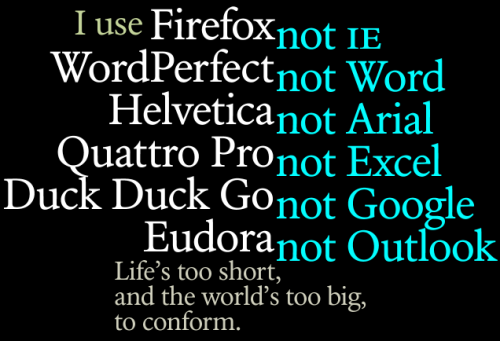
The point: computers are tools, don’t get stuck with established thought, and use what you want.
That’s not how Tumblr users took it. There were philosophical teenagers either saying accusing me of showing off how I use ‘the internet’ differently (how Word or Arial qualify as ‘the internet’ I am not sure) or philosophizing that the better known names were market leaders precisely because they are so good.
The philosopher was the interesting one, given that he may be too young to have ever tried WordPerfect or Quattro Pro, while I don’t know of a single typographer or graphic designer who prefers Arial over Helvetica.
It’s one thing to criticize from a place of knowledge, quite another to assume you know all the facts at 17. Heck, I’m more than twice that and I still don’t think I know it all. If a Linux user tells me that his OS is quick and efficient, I’m inclined to believe him (Jaklumen comes to mind), because he obviously knows something I don’t. I haven’t used Linux lately, and I’m not going to shoot down someone who has demonstrated that he’s an intelligent and courteous individual.
The internet, ladies and gentlemen, has continued down much the same path we had before. And those of us who thought today’s teenagers might do a better job than we did are misled.
Just as any other era, there’ll be some amazing kids who’ll come to the surface and be true leaders. They will be more internationally minded, because they have come into a world where global connectedness is a reality, not a dream. Hopefully they will be better able to reverse the growing rich–poor gap because, by the time of their adulthoods, they will either be aware of better tools or the gap will be that much more severe.
But, there’ll also be the masses for whom being loudmouthed and opinionated is standard behaviour, just as there was in every generation before. The difference is that more people have a voice.
Maybe this is yet another reason for Facebook’s fall: those sick of not only privacy invasions, but seeing behaviour they don’t particularly like take place on their own walls. It seldom happens to me—wall privileges are not granted lightly in my case—but the majority of people have their Facebooks wide open, not distinguishing between groups of friends.
The sort of trolling that YouTube is infamous for is, in fact, everywhere, and I recall having a moan about this four years ago on this same blog.
In the 1990s, when businesses first flocked to the ’net, many of us were people impressed by the telex or BBSs, and loved the idea of doing international business more efficiently. But by the turn of the century, certain people who were not schooled enough to get their poorly argued opinions publicized had the tools at their disposal.
I don’t begrudge this, because the freedom of speech is a great thing, and if it allows us to have an accurate snapshot of where society can pick itself up, then all the better.
If the best writers and thinkers get more followers, it could well inspire those who aren’t as well regarded to pick up our game.
For those willing to give reasons for their disappointment about an issue, it allows those who oppose that viewpoint to get to the heart of a problem and resolve it.
Though we’ll continue to need a strong stomach or reasonable general knowledge to look at some of the stuff on the web, where caveat lector will be increasingly the rule on free-for-all websites:
Funny, but also sad.

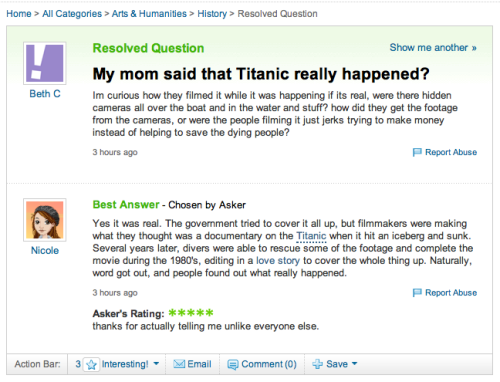
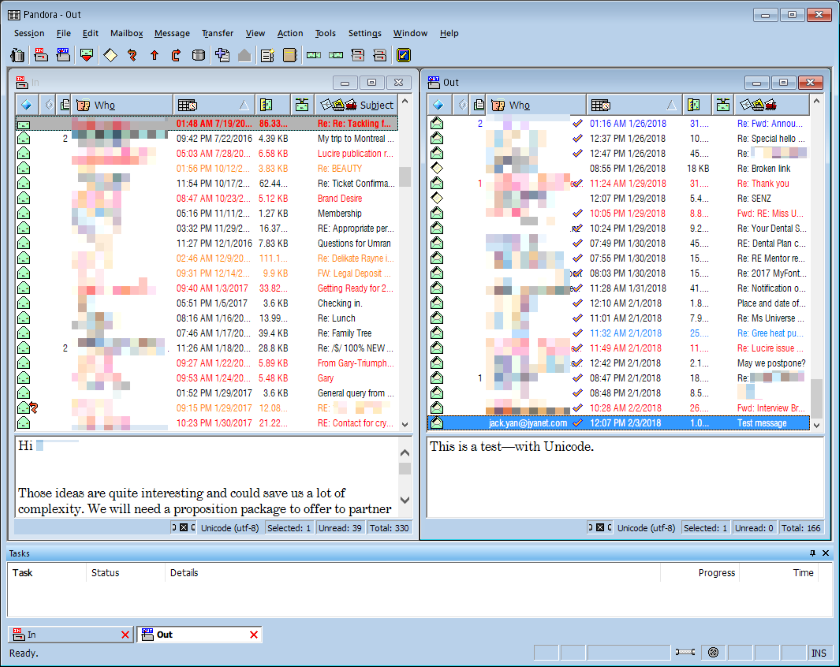

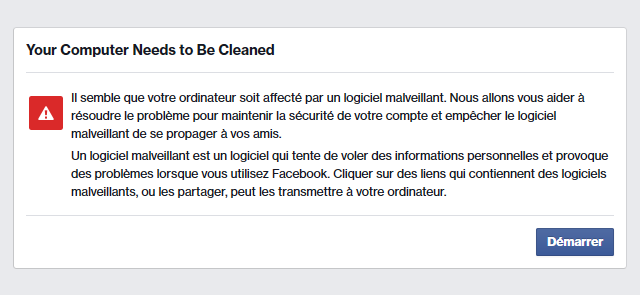

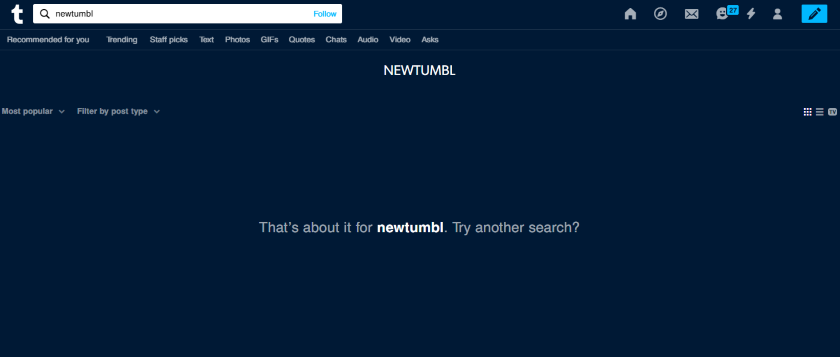



Oh, my bad. Now I remember. Helvetica is supposedly the font hipsters are obsessed with, not that… whatever it was.
If you really want to make a statement of non-conformity, you STILL need to put “Linux NOT Windows or Mac.”
Or OpenBSD would work, too. Probably not BeOS, though, Apple fanboys babble about it too much (since they wanted that to be the core, NOT Darwin from BSD).
Ah, I could only write from my own viewpoint.
Mark Simonson gives a pretty good run-down on why Arial is evil:
http://www.ms-studio.com/articles.html
It wasn’t always like this, but once Sonoran Sans was stretched and squashed to fit into Helvetica widths, we got the abomination that resides on most computers. Except mine.
I admit I’m just not much of a font expert. On the other hand, I’d say I’ve never had much of a good choice of fonts to choose from in my computing experience. Although I will confess to choosing Arial now and then, more often than not, my pick was Times New Roman, or Verdana.
Refresh my memory– did you run something about the abomination that is Comic Sans? That one I think is about as evil, really.
As for Linux again, I think embedded Linux will eventually be the wave of the future, especially residing on motherboards like ASUS’s Splashtop technology (i.e. not the main OS, and runs light for “instant on” bootups). It’s already starting to reside in many periphrial (sp, but FF4 is buggy on me again) devices, and I can’t see why it shouldn’t do more basic tasks on the desktop.
Times New Roman and Verdana are both better choices, because they look (almost) as they are supposed to. I have been a Plantin man for years—some say Times New Roman used Plantin as its model—but I can appreciate the work behind these families.
I wrote an article on Comic Sans some years back for Desktop and interviewed my friend Vinnie Connare (its designer) and the people behind the ‘Ban Comic Sans’ campaign.
I like the idea of Linux, and if I wasn’t such a Luddite with WordPerfect and the tools I am used to—certainly all the font-editing ones with which some of my livelihood is made—I would have gone over. I imagine I could do dual-boot, which is a possibility, and when embedded Linux is more commonplace, I have no objection to embracing it.